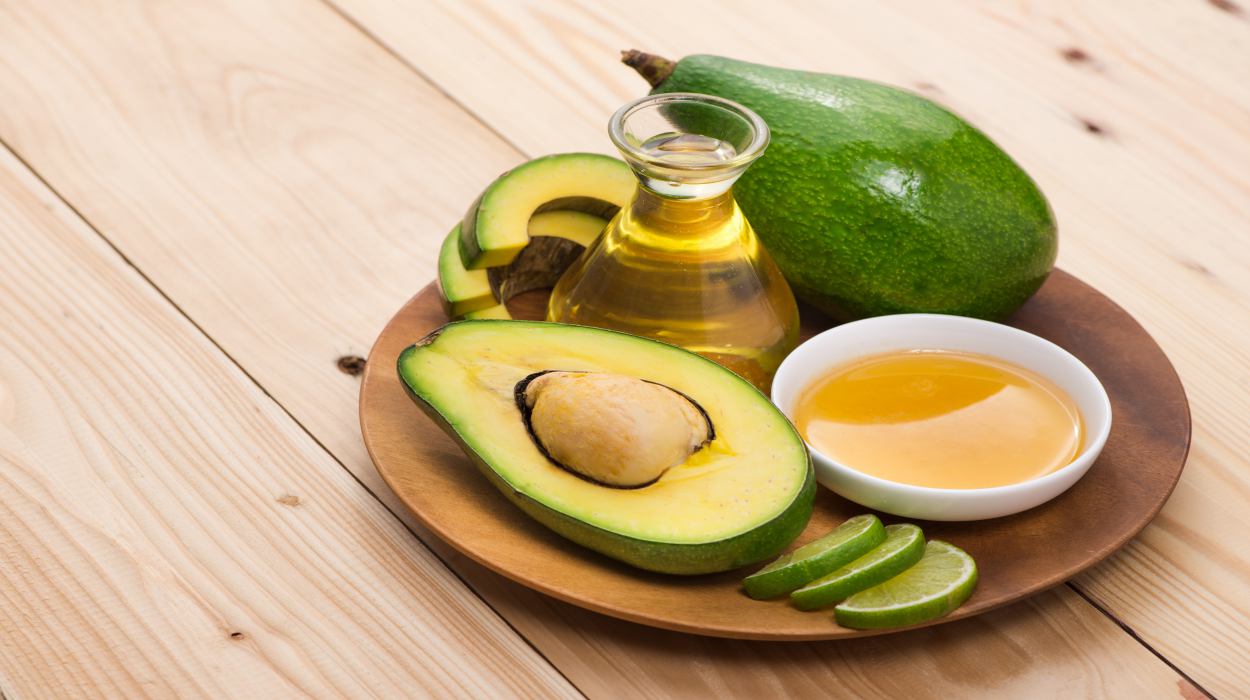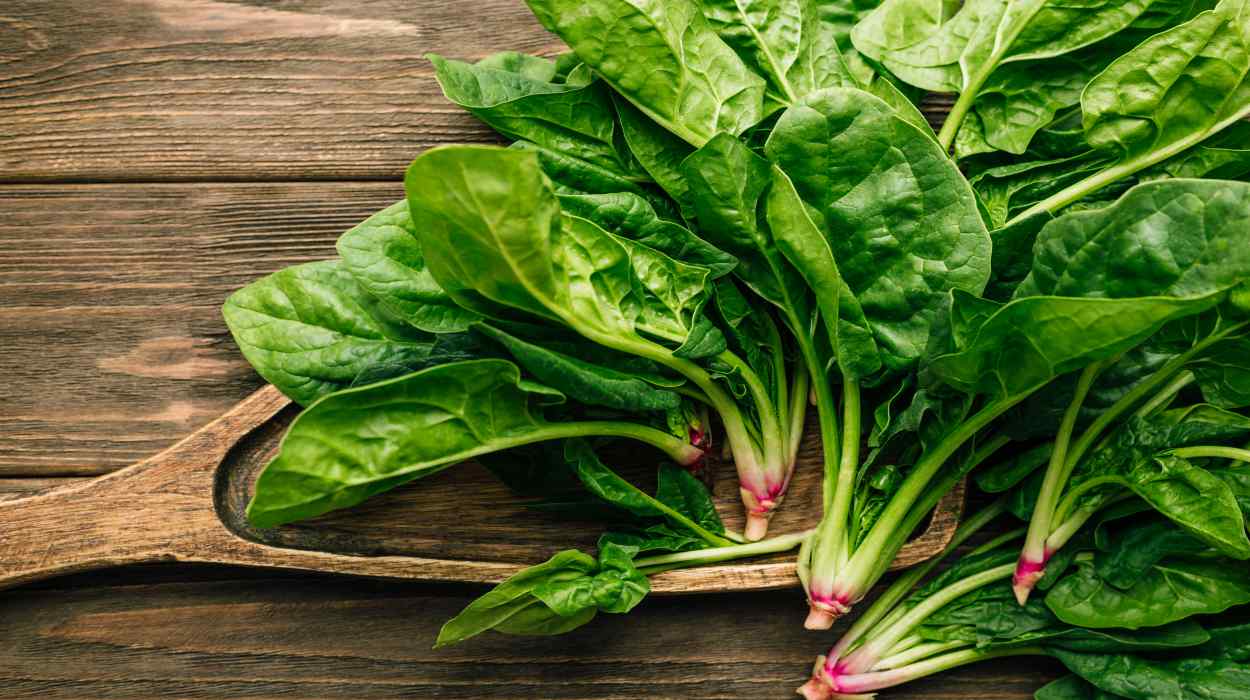 Expert's opinion
Expert's opinion
Expert's opinion
The article is a subjective view on this topic written by writers specializing in medical writing.
It may reflect on a personal journey surrounding struggles with an illness or medical condition, involve product comparisons, diet considerations, or other health-related opinions.
Although the view is entirely that of the writer, it is based on academic experiences and scientific research they have conducted; it is fact-checked by a team of degreed medical experts, and validated by sources attached to the article.
The numbers in parenthesis (1,2,3) will take you to clickable links to related scientific papers.
Keto Diet For Kidney Disease 2024: Everything You Need To Know

Kidney disease is a serious condition that requires careful management to prevent complications. One approach that has gained popularity in recent years is the ketogenic diet. While the ketogenic diet can be effective for weight loss and blood sugar control, it is important to be cautious when using it to manage kidney disease. In this article, we’ll explore how the ketogenic diet can be used to manage kidney disease and provide tips for protecting your kidneys while on the diet.
The Keto Diet For Kidney Disease: How To Protect Kidney On Diet?
The ketogenic diet can be effective for managing kidney disease, but it is important to take steps to protect your kidneys while on the diet. Here are some tips for protecting your kidneys on the ketogenic diet:
- Consume Healthy Fats
- Focus On Low-Carbohydrate Vegetables
- Stay Hydrated
- Get Regular Kidney Function Tests
- Monitor Electrolyte Levels
Keto Diet For Kidney Disease With 5 Tips
Consume Healthy Fats
It is important to consume healthy fats to maintain energy levels and promote weight loss. Healthy fats with high levels of monounsaturated and polyunsaturated fats are ideal for a ketogenic diet. Foods such as avocados, nuts, seeds, olive oil, and fatty fish are excellent sources of healthy fats.
Focus On Low-Carbohydrate Vegetables
In a keto diet, it is essential to limit the carb intake to a minimum. However, it is equally important to ensure that the body gets adequate nutrition from other sources. These vegetables are rich in vitamins, minerals, and fiber, and provide the necessary nutrients without adding too many carbs.
Stay Hydrated
Drinking plenty of water can help flush toxins from the kidneys and prevent dehydration. Staying hydrated on the keto diet is crucial for overall health and well-being.
Get Regular Kidney Function Tests
Regular kidney function tests can help detect any changes in kidney function and allow for early intervention if necessary.
Monitor Electrolyte Levels
The ketogenic diet can lead to imbalances in electrolyte levels, so it is important to monitor these levels and supplement as needed.
Keto Diet And Kidney Disease: What Is It?

The ketogenic diet is a high-fat, low-carbohydrate diet that has been gaining popularity in recent years. The diet is designed to promote ketosis, a metabolic acidosis state in which the body burns fat for energy instead of carbohydrates. By limiting carbohydrate intake, the body is forced to use fat as its primary fuel source, which can lead to weight loss and improvements in blood sugar control.
The ketogenic diet typically involves consuming 70-80% of calories from fat, 20-25% from protein, and 5-10% from carbohydrates. This macronutrient ratio is designed to keep the body in a state of ketosis, where it is burning fat for energy instead of glucose.
Polycystic kidney disease[1] (PKD) is a genetic disorder characterized by the growth of cysts in the kidneys. The ketogenic diet, which is a high-fat, low-carbohydrate diet, has been suggested as a potential therapy for PKD – polycystic kidney disease due to its ability to reduce inflammation and promote weight loss.
Kidney stones are a common occurrence in the general population, and some studies have suggested that the ketogenic diet may increase the risk[2] of developing them. This is because the diet is high in protein, which can increase the amount of calcium and uric acid in the urine, both of which are risk factors for kidney stone formation. Additionally, the ketones produced during the diet can also lead to more acidic urine, which can further increase the risk. It is also recommended to take a multivitamin when on a keto diet. You could research the best multivitamin for the keto diet for more information on this!
What Is Ketosis?
Ketosis[3] is a metabolic state in which the body is burning fat for energy instead of carbohydrates. When carbohydrate intake is limited, the body begins to break down stored fat into molecules called ketones. These ketones can be used by the body for energy, and they are particularly important for the brain, which can only use glucose or ketones for fuel.
Foods List Are Allowed & Not Allowed On A Keto Diet Kidney
In recent years, the ketogenic diet has gained immense popularity among health enthusiasts and fitness-conscious individuals. As a result, many are turning to nutrient-rich foods that fit within the guidelines of this diet. In this context, eggs, avocados, and kale are often hailed as superfoods that provide a plethora of health benefits. Let’s explore each of these foods in detail.
Are eggs good for you? Eggs are an ideal food choice as they contain next to zero carbs but provide a healthy amount of fat and protein. You might also wonder, is avocado a superfood? Avocados are a perfect, healthy choice when it comes to a keto diet. They contain 1.9g of protein, 1.9g of carbohydrates, and 19.7g of fat per 100g. Is Kale a superfood? Kale is a very keto diet-friendly food as its leaves are low in carbs.
Foods That You Can Eat

- Eggs
- Avocados
- Low-carb veggies (kale, onions)
- Meat (beef, chicken, lamb, pork)
- Seafood (fish, shellfish)
- Low-carb vegetables (spinach, broccoli, cauliflower)
- High-fat dairy (cheese, butter, cream)
- Nuts and seeds (macadamia nuts, almonds, chia seeds)
- Healthy oils (olive oil, coconut oil, avocado oil)
Food That You Should Not Eat
- Grains (pasta, rice)
- Beer
- Sugary foods (soda, candy, cookies)
- Fruit (bananas, apples, oranges)
- Starchy vegetables (potatoes, peas, carrots)
- Processed foods (chips, crackers, fast food)
- High-carb beverages (sweetened tea, sports drinks)
The Ketogenic Diet’s Macronutrients
The ketogenic diet is a high-fat, low-carbohydrate diet that is designed to promote ketosis. Here is a breakdown of the macronutrient ratios of the ketogenic diet:
- Fat: 70-80% of calories
- Protein: 20-25% of calories
- Carbohydrates: 5-10% of calories
It is important to be mindful of these ratios when following the ketogenic diet, as consuming too much protein or carbohydrates can prevent the body from entering ketosis.
The Keto Diet For Chronic Kidney Disease (CKD) Patients
For patients with chronic kidney disease[4], the ketogenic diet can be an effective way to manage blood sugar levels and promote weight loss It is important to note that a keto diet may not be suitable for individuals with chronic kidney disease. This is because a high-fat diet can increase the workload on the kidneys, potentially worsening the condition. Additionally, a keto diet can lead to an increase in protein intake, which can also be problematic for those with chronic kidney disease. Therefore, individuals with chronic kidney diseases must consult with a healthcare professional before embarking on keto diets, to ensure that it is safe and appropriate for their specific needs.
Insulin And Blood Sugars

The ketogenic diet can be effective in improving insulin sensitivity[5] and blood sugar control. By limiting carbohydrate intake, the body is forced to use fat for energy instead of glucose, which can lead to more stable blood sugar levels. Low-carb diets have gained popularity in recent years as a weight loss strategy and for improving glycemic control in individuals with diabetes. However, in end-stage acute kidney injury, which is characterized by a significant decline in kidney function, the role of low-carb diets is not well-established.
The Impact Of Keto Diet On Stage 3 Kidney Disease (And Earlier)
For patients with stage 3 kidney disease[6] or earlier (renal cyst growth period), the keto diet can be an effective way to manage blood sugar levels and promote weight loss. However, for stage 3 kidney disease, it is important to work with a healthcare provider to develop a personalized nutrition plan that takes into account your unique needs and medical history.
The Impact Of Keto Diet On Stage 4 Kidney Disease (And Later)
For patients with stage 4 kidney disease or later, the ketogenic diet may not be appropriate. It is important to work with a healthcare provider to develop a personalized nutrition plan that takes into account your unique needs and medical history.
Low-Protein Diet
A low-protein diet is often recommended for individuals with end-stage kidney disease. This is because the kidneys are no longer able to efficiently remove waste products from the blood, including protein byproducts. A low-protein diet can help reduce the amount of waste products in the blood, easing the burden on the kidneys.
However, it is important to ensure that the individual still receives enough essential amino acids to maintain muscle mass and prevent malnutrition while on a low-protein diet. A registered dietitian should be consulted to develop an individualized meal plan that meets the patient’s specific needs and preferences of a very low protein diet or a high protein diet. Regular monitoring of nutritional status and kidney function is also crucial.
Conclusion
The ketogenic diet can be an effective way to manage kidney disease, but it is important to take steps to protect your kidneys while on the diet. By following the tips outlined in this article, you can help ensure that you are safely and effectively managing your kidney disease while on the ketogenic diet. Remember to work with a healthcare provider to develop a personalized nutrition plan that takes into account your unique needs and medical history.
Frequently Asked Questions
A ketogenic diet or keto diet is a low-carbohydrate, high-fat diet that encourages the body to burn fats instead of glucose for energy. The goal of this diet is to put the body in a metabolic state called ketosis, which can possibly lead to weight loss and other health benefits.
The answer to this question is not straightforward, as it depends on the individual’s kidney function and other health factors. In general, a keto diet may not be suitable for people with advanced kidney disease or those on dialysis. People with early-stage kidney disease may be able to follow a keto diet with close monitoring and supervision from a healthcare provider.
There is limited research on the effects of a keto diet on kidney function. Some studies suggest that a keto diet may have a potential benefit in reducing proteinuria (excess protein in the urine), which is a common underlying kidney disease. However, more research is needed to confirm this finding.
The risks of following a keto diet with kidney disease include the potential for increased protein intake, which can put added stress on the kidneys, and dehydration, which can worsen kidney function. People with kidney disease should consult with their healthcare provider before embarking on a keto diet.
Alternative diets for people with kidney disease include a diet called the DASH (Dietary Approaches to Stop Hypertension) diet, which emphasizes fruits, vegetables, whole grains, and lean protein, and the Mediterranean diet, which generally focuses on healthy fats, whole grains, and vegetables. Both of these diets have been shown to have potential benefits for kidney health.
+ 6 sources
Health Canal avoids using tertiary references. We have strict sourcing guidelines and rely on peer-reviewed studies, academic researches from medical associations and institutions. To ensure the accuracy of articles in Health Canal, you can read more about the editorial process here
- and, D. (2023). Polycystic Kidney Disease (PKD) – NIDDK. [online] National Institute of Diabetes and Digestive and Kidney Diseases. Available at: https://www.niddk.nih.gov/health-information/kidney-disease/polycystic-kidney-disease#:~:text=Polycystic%20kidney%20disease%20is%20a,can%20also%20occur%20with%20PKD.
- Ji Yeob Choi, Ji Hoon Song, Jae Il Shin, Heung Soo Kim, Myung Kyum Kim and Jae Sung Lee (2010). Renal Stone Associated with the Ketogenic Diet in a 5-Year Old Girl with Intractable Epilepsy. [online] 51(3), pp.457–457. doi:https://doi.org/10.3349/ymj.2010.51.3.457.
- Masood, W., Pavan Annamaraju and Uppaluri, K.R. (2022). Ketogenic Diet. [online] Nih.gov. Available at: https://www.ncbi.nlm.nih.gov/books/NBK499830/.
- and, D. (2023). Chronic Kidney Disease (CKD) – NIDDK. [online] National Institute of Diabetes and Digestive and Kidney Diseases. Available at: https://www.niddk.nih.gov/health-information/kidney-disease/chronic-kidney-disease-ckd.
- Skow, S.L. and Rajesh Kumar Jha (2022). A Ketogenic Diet is Effective in Improving Insulin Sensitivity in Individuals with Type 2 Diabetes. [online] 18. doi:https://doi.org/10.2174/1573399818666220425093535.
- Kampmann, J., James Goya Heaf, Christian Backer Mogensen, Mickley, H., Wolff, D.M. and Brandt, F. (2023). Prevalence and incidence of chronic kidney disease stage 3–5 – results from KidDiCo. [online] 24(1). doi:https://doi.org/10.1186/s12882-023-03056-x.



